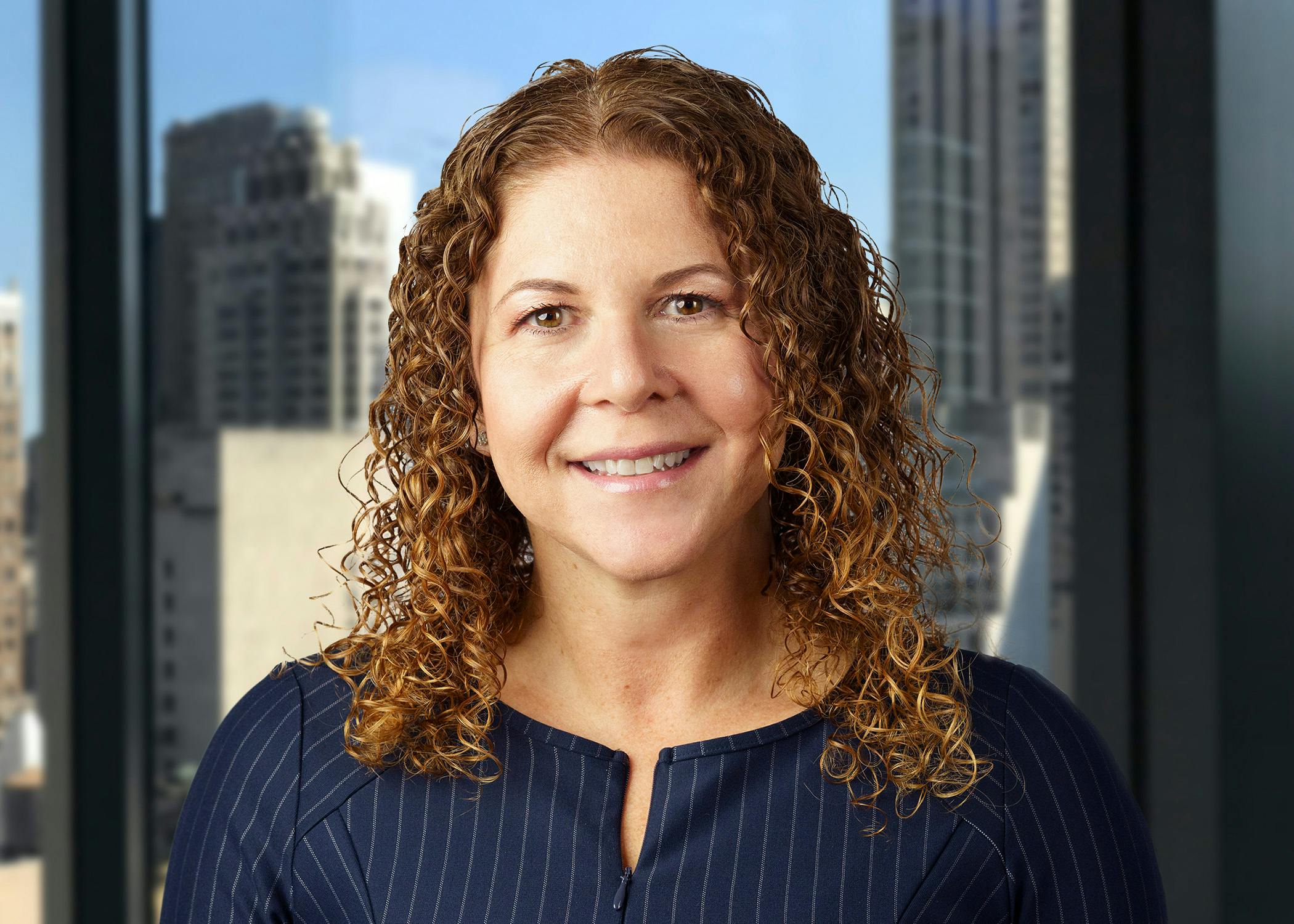On June 30, 2025, Rhode Island Governor Daniel McKee signed the Medical Spas Safety Act (H 5351) into law. The Medical Spas Safety Act establishes a statutory framework for the performance, supervision, and delegation of cosmetic medical procedures in medical spa settings. It takes effect immediately and directs the Department of Health (DOH) to promulgate implementing regulations by July 1, 2026.
The legislative act follows the DOH’s July 2024 release of scope-of-practice guidance for medical spas and IV therapy businesses, which emphasized that certain aesthetic and intravenous treatments constitute the practice of medicine and must be performed and/or supervised by appropriately licensed clinicians. The Medical Spas Safety Act builds upon and codifies many of the principles outlined in that earlier guidance, providing more formal legal authority and enforcement mechanisms.
Key provisions of the Medical Spas Safety Act
The new law defines “cosmetic medical procedures” broadly to include treatments such as cosmetic injections, microneedling, laser resurfacing, chemical peels, sclerotherapy, and other procedures that are directed at improving appearance rather than treating illness or disease.
Under the statute:
- Only physicians, physician assistants (PAs), and advanced practice registered nurses (APRNs) may perform cosmetic medical procedures.
- These procedures may be delegated to licensed non-physicians—such as nurses or estheticians—only if:
- The procedures are within the delegate’s scope of practice;
- They are expressly delegated by a supervising physician, PA, or APRN; and
- Appropriate supervision is maintained as defined in the law.
- Procedures involving ablative lasers or ablative energy devices must be performed exclusively by a physician, PA, or certified nurse practitioner and cannot be delegated.
- The law distinguishes between direct supervision (on-site but not necessarily in-room) and indirect supervision (off-site but immediately available), both of which are permitted in certain circumstances.
The Medical Spas Safety Act also mandates the appointment of a medical director at each medical spa. The medical director must be a physician or certified nurse practitioner with training in cosmetic medical procedures. The medical director is responsible for:
- Implementing policies and protocols,
- Overseeing delegation and supervision,
- Ensuring adequate training of staff, and
- Maintaining documentation and patient records.
New licensure and regulatory requirements
In addition to defining the scope of permissible practice, the Medical Spas Safety Act amends the state’s healthcare facility licensing statute to formally classify medical spas as licensed healthcare facilities. This means medical spas will be subject to licensure by the Department of Health and must comply with applicable healthcare facility standards.
The law exempts medical spas from Rhode Island’s certificate of need requirements under the Determination of Need statute but otherwise brings them within the broader regulatory architecture applied to ambulatory care settings.
The DOH is tasked with implementing regulations by July 1, 2026, including rules governing licensure, facility standards, and inspection authority.
Alignment with prior DOH guidance
In July 2024, the Rhode Island DOH issued interpretive guidance asserting that certain aesthetic and IV therapy services fall within the practice of medicine and therefore require appropriate licensure, supervision, and clinical documentation.
While the 2024 guidance was informative, it left open questions regarding enforcement, licensure obligations, and delegation standards. The Medical Spas Safety Act addresses those gaps by embedding the guidance’s core principles into law, defining key roles, and establishing concrete delegation and supervision requirements. It also adds documentation and recordkeeping requirements—such as written treatment plans, informed consent, and patient follow-up—that reinforce existing clinical standards.
Compliance considerations and next steps
The Medical Spas Safety Act represents a shift toward increased state oversight of cosmetic medical practices in Rhode Island. While the statute codifies many of the expectations outlined in prior DOH guidance, it also introduces new legal obligations that may require structural and operational changes for medical spas.
Medical spa operators should begin reviewing whether their current operations, governance, supervision, and documentation practices align with the new statutory framework. In particular:
- Delegation practices should be evaluated to ensure that all cosmetic procedures are performed or appropriately supervised by licensed clinicians;
- Written protocols and individualized treatment plans may need to be developed or updated;
- Medical directors should confirm that all personnel performing cosmetic services are properly trained in accordance with the law; and
- Entities that have not previously been licensed as healthcare facilities should prepare for upcoming licensure requirements.
The law may also impact staffing models that rely heavily on registered nurses or unlicensed personnel to provide aesthetic services, as these roles will now be subject to more formal supervision and training standards.
Because scope of practice, supervision, and licensing requirements for cosmetic medical services vary significantly by state, providers should consult counsel when opening a new location or expanding into a different jurisdiction. Nixon Peabody regularly advises medical spas and cosmetic dermatology practices on regulatory, licensing, and corporate structuring across multiple states. For questions about the new law or guidance on aligning your operations with the Medical Spas Safety Act, please contact your Nixon Peabody attorney or a member of our healthcare team.




